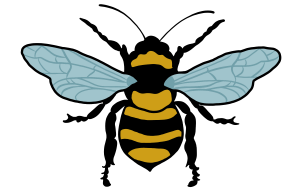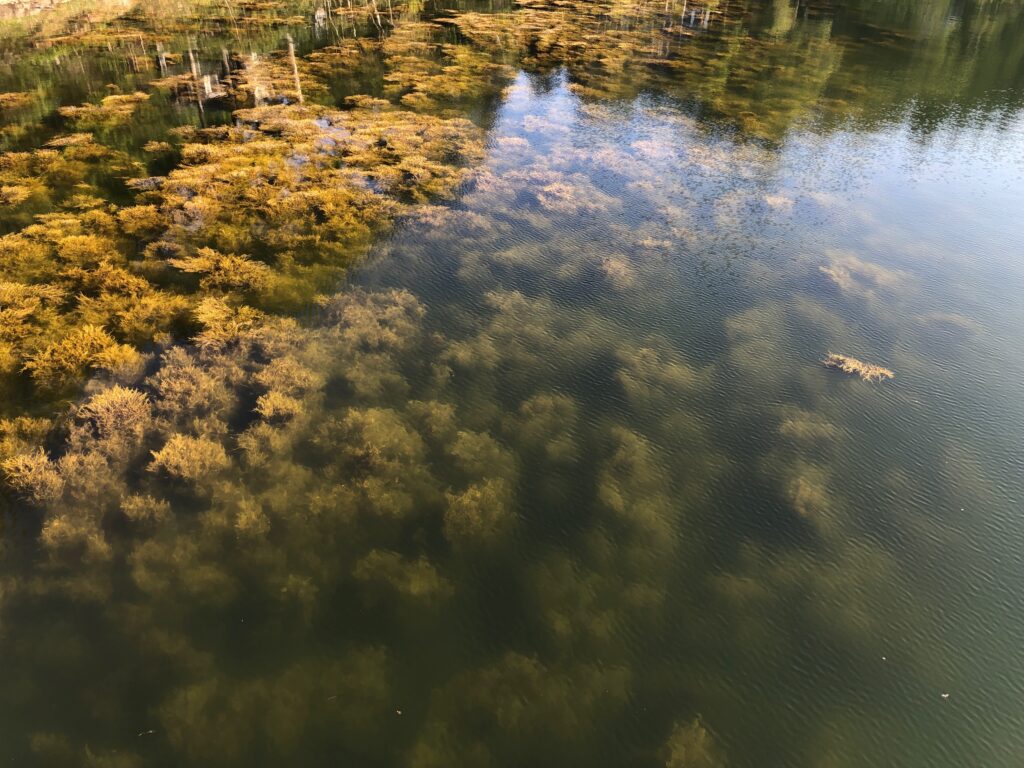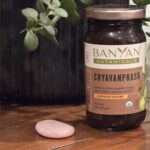As the 2025 celebration of Maine Seaweed Week (4/25-5/4) concludes, it seems like a wonderful opportunity to reflect on the unique and versatile natural resource that is seaweed. Seaweeds have been consumed since ancient times and are still of great economic importance. They are a healthy, nutritive, low-caloric food source and are chock full of vitamins (A, B1, B2, B9, B12, C, D, E, and K), essential and trace minerals (calcium, iron, iodine, magnesium, phosphorus, potassium, zinc, copper, manganese, selenium, and fluoride), dietary fibers, protein, and essential amino acids and polyphenols.
In herbal medicine, they are widely considered to be soothing and moistening to all mucous membranes and are particularly rich in iodine, which can be nourishing to thyroid health. Various species exhibit possible antioxidant and anti-inflammatory properties and contain bioactive components that may provide anticancer, antiviral, antifungal, antidiabetic, antihypertensive, immunomodulatory, anticoagulant, anti-inflammatory, antioxidant, UV-protective, and neuroprotective benefits. Some types of breast pain influenced by hormonal health are often addressed by increasing iodine content in the diet, and seaweeds are an excellent way to do this. Many studies have been conducted exploring the potential benefits of seaweed and research blazes on in this promising field.
Seaweeds are classified as brown, red, or green algae, and each group contains unique properties, making them useful for a variety of different applications. Various bioactive compounds derived from seaweed are used in the food industry (emulsifiers, stabilizers, and thickeners), nutraceuticals, pharmaceuticals (dressings, coatings of medicaments), cosmetics (body lotions, soaps, shampoos, toothpaste), and biotechnology (culture medium in Petri dishes). Marine algae have also been traditionally used in animal feed, in agriculture, and in the production of biodiesel. We benefit from these remarkable species in direct and indirect ways, such as directly through the consumption of whole seaweed as foods or natural drugs, or indirectly by applying seaweeds as natural “biofertilizer” in agriculture and thus minimizing chemical inputs into our environment.
Living in coastal Maine, we are fortunate to have access to an abundance of high quality and sustainably sourced Atlantic seaweed. Unfortunately, seaweed tends to accumulate heavy metals and minerals and not all of them are fit for human consumption. Proper harvesting location and practices as well as regular quality testing to ensure safe levels of naturally occurring or human origin contaminants (such as heavy metals, pesticides, petroleum residues, and radiation, as well as pathogens) are essential for assuring safe and healthful products. Here at the Blue Hill Co-op, some of our favorite locally sourced brands are Maine Coast Sea Vegetables (Hancock, ME), Atlantic Holdfast (Stonington, ME), Ironbound Island (Winter Harbor), and Atlantic Sea Farms (Biddeford). Staff and customers at the Blue Hill Co-op seek out seaweed as medicine as often as a food source– for respiratory and antiviral support, thyroid support, menopausal support, gut lining support and more. This past year, the Co-op sold over $18,517 in seaweed products. We’re hoping that last week’s “Splash Sale” and mingling with the seaweed enthusiasts at the Rockweed Forum’s art show reception last Sunday encouraged many of you to try some new products and to get curious about this alluring (and appetizing) resource!
Source cited:
Lomartire S, Marques JC, Gonçalves AMM. An Overview to the Health Benefits of Seaweeds Consumption. Mar Drugs. 2021 Jun 15;19(6):341. doi: 10.3390/md19060341. PMID: 34203804; PMCID: PMC8232781
Article by Sarah Scamperle, Marketing Assistant
Photo of seaweed on the coast of Cape Rosier by Kipp Hopkins, Marketing Manager










